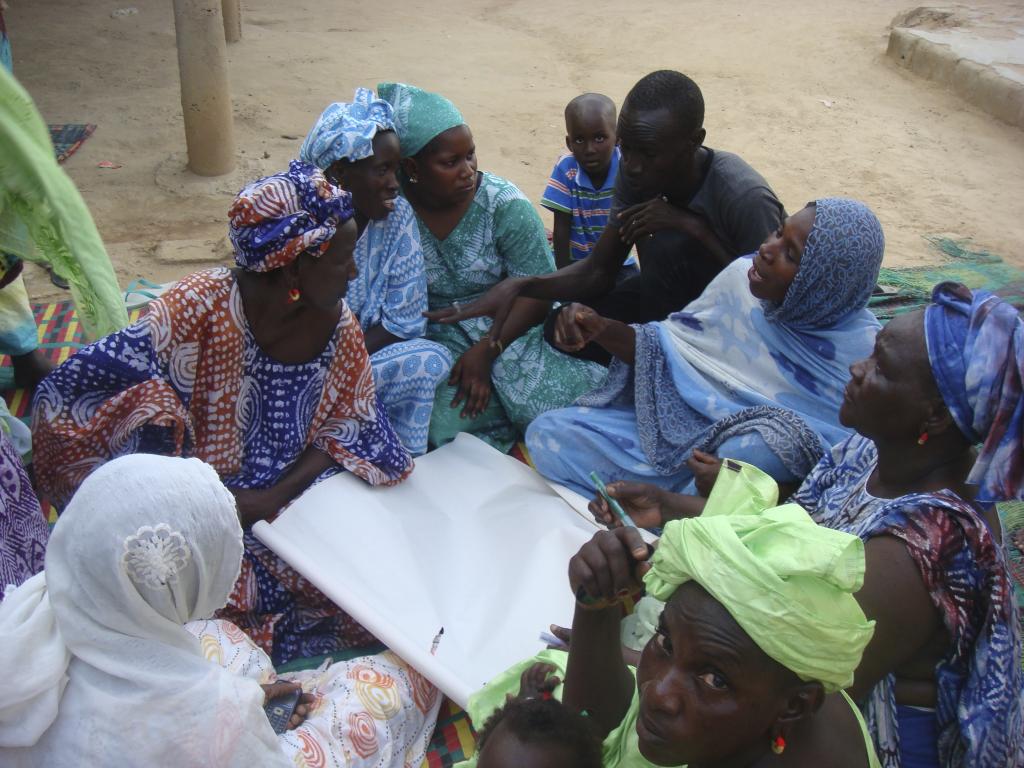Building Capacities of Communities in Northern Senegal to Improve Food Security
 2 March 2015, Senegal - CIFAL Scotland has been conducting a series of capacity building activities with the communities of Guédé Chantier, Lahel, Moundouwaye and Diarra in Northern Senegal to mark the launch of a three-year food security project. Supported by the UK Government, the project aims at developing community land to produce more food in a more efficient way, and increase the communities’ resilience to the advancing effects of climate change.
2 March 2015, Senegal - CIFAL Scotland has been conducting a series of capacity building activities with the communities of Guédé Chantier, Lahel, Moundouwaye and Diarra in Northern Senegal to mark the launch of a three-year food security project. Supported by the UK Government, the project aims at developing community land to produce more food in a more efficient way, and increase the communities’ resilience to the advancing effects of climate change.
In the framework of this food security project, CIFAL Scotland conducted the Permaculture Design Course on 3 - 6 February 2015, bringing together 45 community members. The course combined both traditional and modern land-use systems in which trees are managed together with crops and/or animal production systems in agricultural settings. Central to this approach is site observation and survey described as the ability to absorb the reality of a location.
“Today rain is rarer, weather is hotter, and we have stronger winds and shorter time to grow vegetables…”
This is how a woman describes the impact of climate change in the Moundouwaye Village in Northern Senegal.
The Permaculture Design Course involved peer-to–peer learning and experience sharing, as well as presentations and group discussions. Topics discussed throughout the course included soil conservation, seed saving and propagation, use of natural fertilizers and vermiculture, water and horticulture.
Participants had the opportunity to learn more about the basic components of ecology and socio-cultural realities which reinforce the practices of permaculture. As a result, a village development plan was created in order to enable the community lands to withstand floods and drought, and climate change.
This project is funded through UK AID. It will directly benefit over 3,000 community members, especially women, by enhancing their agricultural and economic knowledge and skills.

